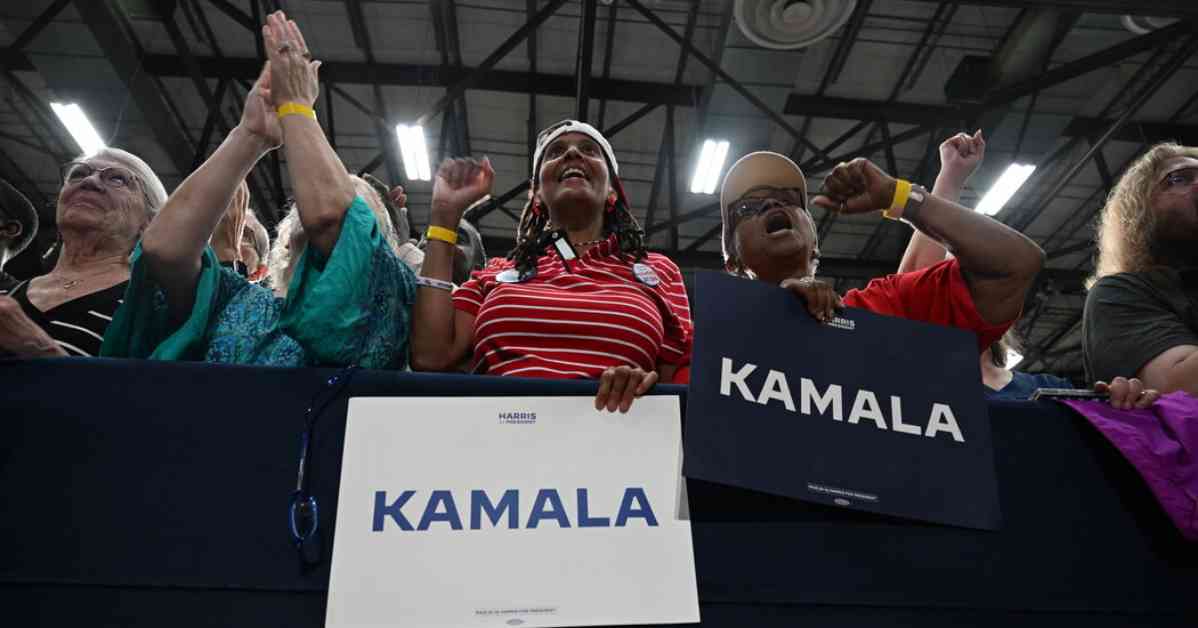Good evening, everyone. In less than two days, Vice President Kamala Harris secured enough delegates to win the Democratic presidential nomination. This quick decision showed how the party, which was divided for most of the past year, united behind her. After President Biden’s debate performance raised doubts about his campaign’s future, political veterans and pundits feared a repeat of the party’s tumultuous summer in 1968. That year, with a nation divided over a foreign conflict, an unpopular president decided not to seek re-election and endorsed his vice president as his successor. This led to a clash at the Democratic National Convention between the left and the party establishment.
However, unlike 1968, there has been no major conflict between the left and the establishment this time. The decision to nominate Harris for president would bypass the modern primary rules that give voters the power to choose the nominee, but many Democrats seem willing to accept this return to the old way of informal decision-making in smoke-filled rooms.
What’s interesting is that influential voices on the party’s left, who were at the center of the 1968 conflicts, supported Biden until the end of his campaign and quickly embraced Harris as his replacement. Members of the left, including every member of the Squad except Representative Rashida Tlaib, endorsed Harris after Biden’s announcement. Representative Maxwell Frost of Florida, a grassroots activist elected to Congress in 2022, praised Harris for bringing together a coalition and quickly endorsed her.
This shift towards unity and acceptance of informal decision-making by party elites represents a departure from the past conflicts within the party. The willingness to rally behind Harris without internal strife shows a desire for cohesion and a focus on winning the presidency in the upcoming election.
As we observe this transition within the Democratic Party, it is clear that the old politics of backroom deals and elite decision-making are making a comeback, at least for now. The party’s ability to unite behind a candidate and move forward without internal divisions bodes well for its chances in the upcoming election. The return of the smoke-filled room may be a temporary solution, but for now, it seems to be working for Democrats.


















